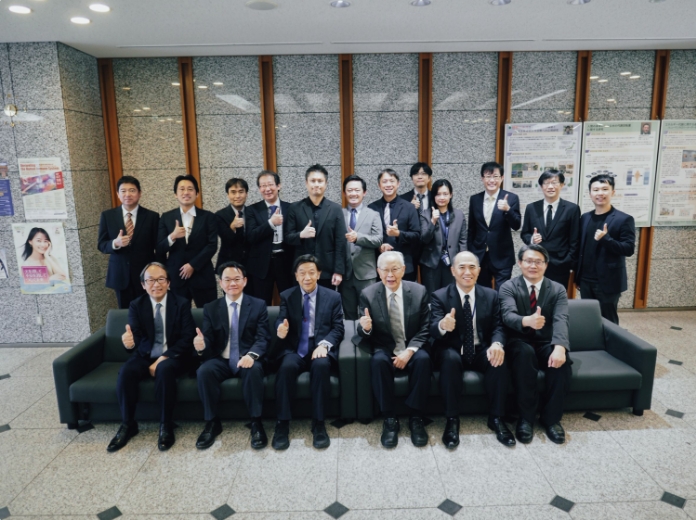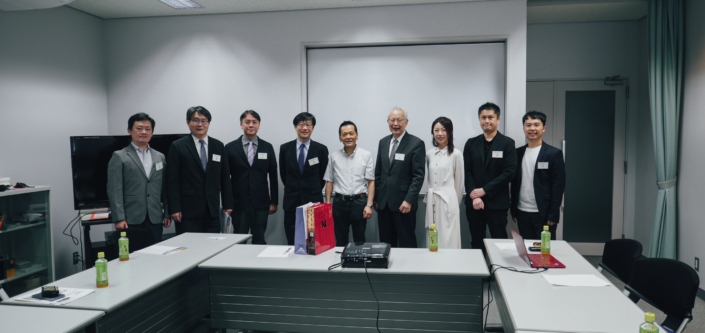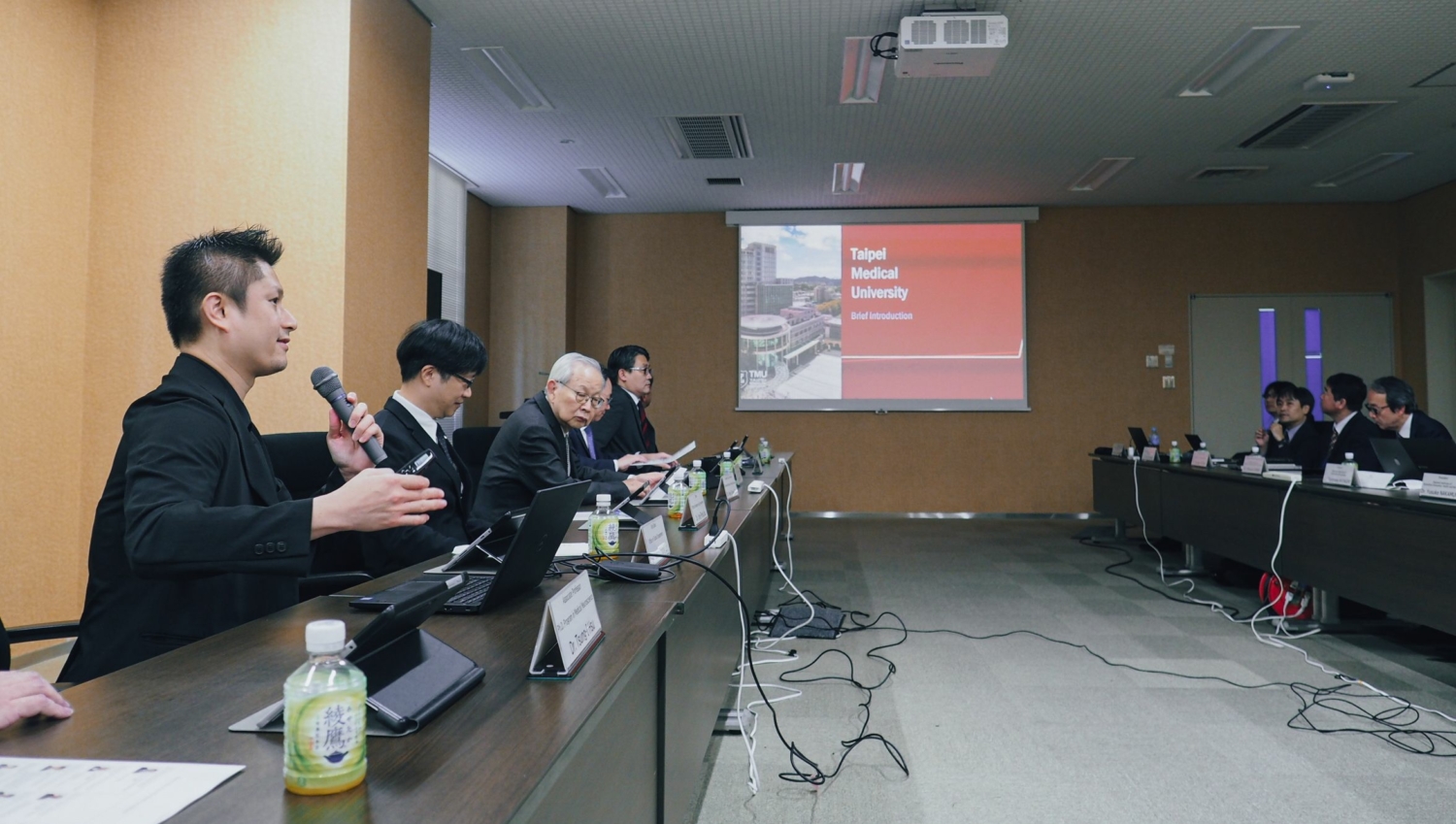:::

A delegation from Taipei Medical University, led by Academician Wen-Chang Chang, recently visited the National Institute of Biomedical Innovation, Health and Nutrition (NIBIOHN) in Japan on June 2-6. The visit aimed to explore potential research collaborations between the two institutions.
The TMU delegation included:
- Kang-Yun Lee, Executive Vice President
- Wei-Chiao Chang, Dean, College of Pharmacy
- Jing-Ping Liou, Dean, Office of Research and Development
- Jian-Ying Chuang, Vice Dean, College of Medical Science and Technology
- Liang-Tzung Lin, Vice Dean, Office of Global Engagement
- Tsung-I Hsu, Associate Professor, College of Medical Science and Technology
The visit began with a stop at the Tsubaki Primate Research Center (TPRC), a unique facility housing a large colony of cynomolgus monkeys. TPRC’s ability to both breed primates for research and conduct on-site medical studies aligns well with TMU’s research areas, particularly in vaccine development and dementia treatment or more.

Following the TPRC visit, the TMU delegates arrived at NIBIOHN, where they were warmly received by President Nakamura, a visiting professor at TMU’s College of Pharmacy. NIBIOHN directors from five research centers provided presentations on their areas of expertise:
- Center for Drug Design Research (Director: Toyomasa Katagiri)
- Microbial Research Center for Health and Medicine (Director: Jun Kunisawa)
- Center for Intractable Diseases and ImmunoGenomics (Director: Takuya Yamamoto)
- Artificial Intelligence Center for Health and Biomedical Research (Acting Director: Yayoi Natsume)
- Center for Drug Discovery Resources Research (Director: Arihiro Kohara)

These presentations offered valuable insights into NIBIOHN’s research focus, potentially sparking collaborative opportunities. Discussions between TMU and NIBIOHN revealed plans to establish an institutional Memorandum of Understanding (MoU) to solidify the partnership. This anticipated MoU, along with the successful visit, paves the way for exciting future collaborations in research and student exchange programs.
Source: Office of Global Engagement